Let’s face it—parents are pretty amazing. When you become a parent, you access levels of fortitude you didn’t even know you had before. From powering through sleepless nights to clusterfeeding to caring for a toddler while pregnant, the parenting journey has many challenges—but none of which are too daunting for you to handle.
There are always new surprises, though, and things you can’t control—such as an unexpected illness. If you’re currently breastfeeding, you may be worried about getting sick or having to nurse a sick baby. These situations certainly aren’t easy, but they don’t have to cause a setback in your breastfeeding relationship. In fact, if you’re up for the challenge (and we know you are!), it’s possible to continue breastfeeding through most common illnesses. Not only is it possible, but this is actually the best way to provide your baby with antibodies to protect them from your illness
As we head into cold and flu season, hopefully with something caffeinated in hand, here’s what you need to know about breastfeeding through an illness.
Breastfeeding while sick may not be the most enjoyable experience, but rest assured that it’s perfectly safe for both you and your child. Common illnesses, like the cold, the flu, and Covid-19, cannot be spread through breast milk.
That said, if you’re concerned that close proximity will cause you to get your child sick—for example, if your child has immune system concerns or is medically fragile—you can pump or hand-express breast milk to feed to your child until you start feeling better, or wear a mask while breastfeeding. This way, they’ll get all the benefits of your antibody-rich breast milk with less potential exposure to germs that could get them sick.
While you’re sick, it’s important to continue to empty your breasts of milk as usual to prevent a drop in your breast milk supply. Of course, make sure to give yourself plenty of time to rest and recuperate between breastfeeding sessions, so you can get back on your feet—and back to snuggling with your little one without worrying about germs—as soon as possible. In fact, taking intentional steps to recover quickly (like drinking lots of water, getting enough sleep, and eating a healthy, well-balanced diet) can actually increase your breast milk supply.
Even if you maintain your regular pumping or breastfeeding regimen, you may notice a drop in your supply after being ill. If this happens to you, don’t feel discouraged—a decrease in milk supply while sick is very common. Continue to breastfeed or pump often, and your supply should soon return to normal.
Breastfeeding through illness isn’t just safe—it’s actually beneficial for your child. That’s because while many viruses cannot pass through breast milk, antibodies can and do. When you get sick, your body naturally generates antibodies to ward off infection. These antibodies get passed to your baby through breast milk. When babies ingest this antibody-rich breast milk, they build up immunity that protects them from illness. Your baby’s immune system might be too immature to produce these antibodies on its own, but they can benefit from the hard work that your more mature immune system has already done and gain passive immunity in this way.
Your body also learns what they need and adapts to it. (Isn’t that amazing?)
Breastfeeding while sick has both short-term and long-term implications for your child’s health. Research shows that the antibodies in breast milk provide beneficial health effects for children in the moment and also over time, since it helps them develop a prolonged tolerance for illness-causing antigens. For some illnesses, like diarrhea, respiratory tract infections, and ear infections, protection can actually last for years.
Even if you’re not currently sick, the antibodies in your body from previous illnesses and vaccines can help protect your child from illnesses. And the longer you breastfeed, the greater the health benefits for your child. According to some studies, children that are breastfed for more than 6 months have a reduced risk of developing childhood cancers like leukemia or lymphoma. Because breast milk is also a probiotic, it can help regulate the gut microbiome of young children, reducing the risk of allergies, obesity, and asthma.
If you are sick while breastfeeding, you have options for how to manage your symptoms. While some medicines can temporarily decrease your breast milk supply, there are many safe options that won’t be transmitted to your baby through breast milk or diminish your milk supply.
While it’s best to discuss any possible medications you may take while breastfeeding with a medical professional, antibiotics, ibuprofen, acetaminophen, and some decongestants are generally safe. Foods high in vitamin C like citrus fruits, mangos, strawberries, bell peppers, tomatoes, broccoli, and spinach can also help you feel better, as can zinc-rich foods like meat, legumes, whole grains, yogurt, oatmeal, and dark chocolate.
However, avoid taking:
These items can reduce your breast milk supply or be transmitted in unsafe amounts to your baby, so they’re best avoided.
If you have a specific medication you’re wondering about, LactMed is a great resource to check out. LactMed is a free database compiled by the National Institutes of Health that provides information on whether certain medications are safe to take while breastfeeding. The information found in the database is based on scientific research, and it’s all peer-reviewed to ensure the information is accurate and up to date.
LactMed also lists the possible adverse effects to your child for each medication, as well as:
If an unexpected illness has caused your milk supply to drop, it doesn’t have to mark the end of your breastfeeding journey. Our multilingual board-certified lactation consultants are ready to support you through every victory and obstacle along your breastfeeding journey. We offer on-demand, virtual appointments for all families, and we accept all insurance plans, including Medicaid.
Nothing should get between you and the breastfeeding relationship you desire. Book a convenient online video appointment with a Nest Collaborative IBCLC today to get support in reaching your breastfeeding goals.
